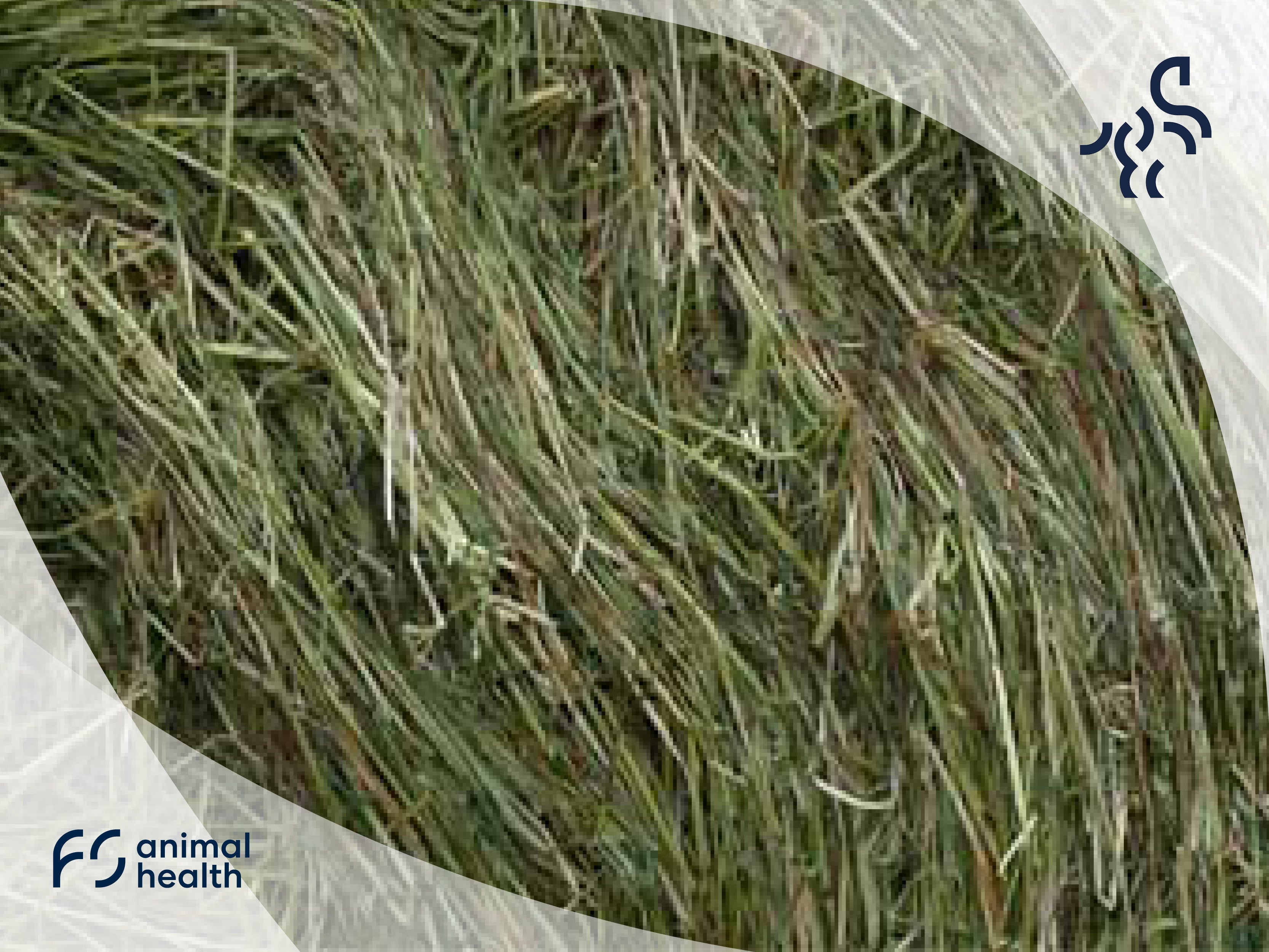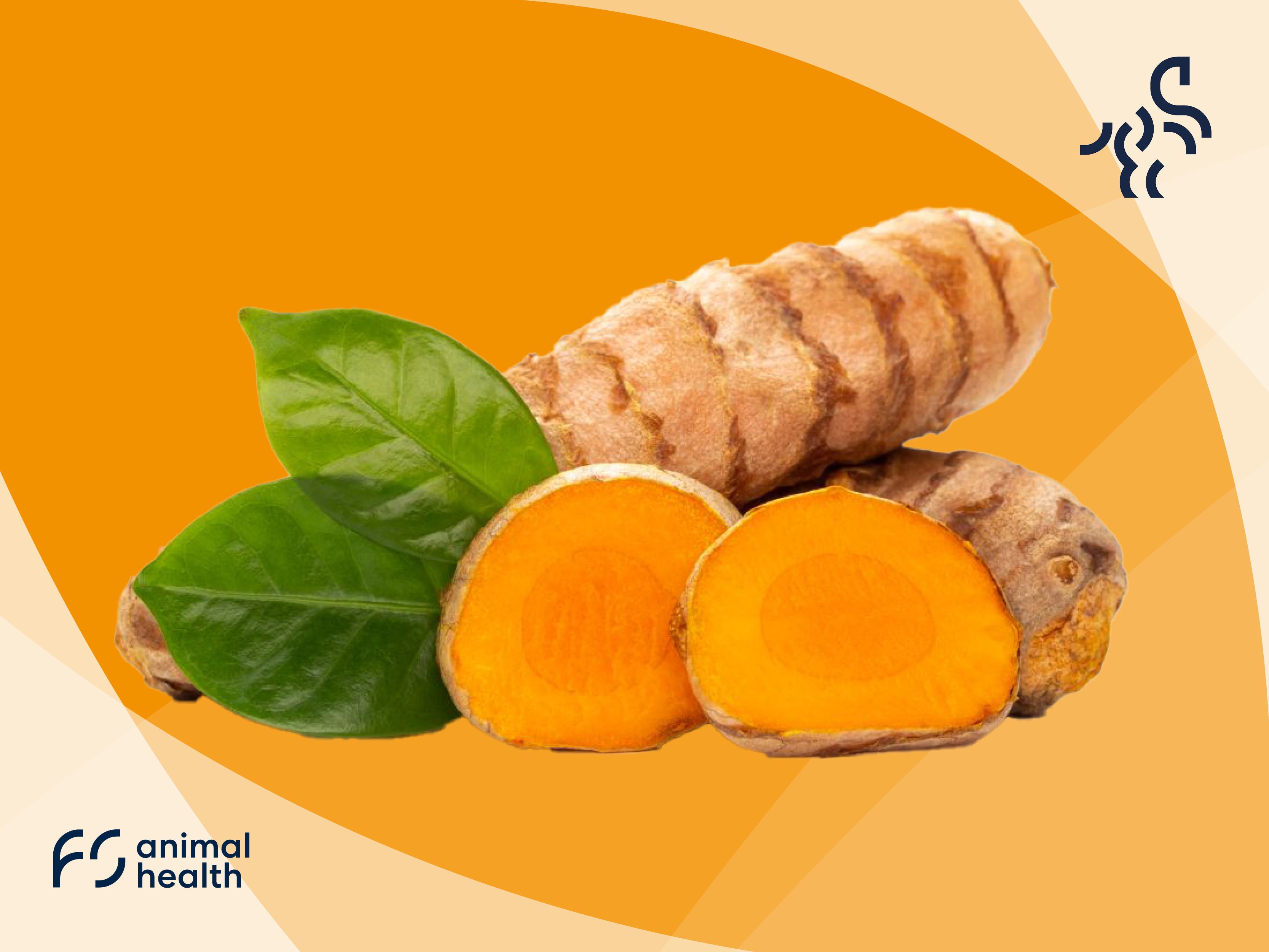FN Regulation: : https://www.pferd-aktuell.de/turniersport/anti-doping-und-medikation
FEI Regulation: http://prohibitedsubstancesdatabase.feicleansport.org/search-results/
“Cobalt can be used to increase red blood cell and hemoglobin counts and increase endurance.
Cobalt is a naturally occurring substance in horses and is also found as a trace element in vitamin and mineral preparations.
Caution should be exercised when using cobalt-containing supplements in high doses.”
We took a closer look at the matter and were able to talk to TRM about it.
It was confirmed that none of the TRM products containing vitamin B12 are prohibited according to FN and FEI standards.
Here is the official feedback:
B vitamins are water-soluble vitamins, each with its own use and chemical properties. B vitamins are not stored in the body and are quickly excreted in the urine when there is an excess supply. Horses can rely to some extent on their own production of B vitamins in the gut to meet their full needs. While horses make their own niacin, the remaining B vitamins are produced by the microflora and bacteria in the rectum. Any deficiencies in B vitamin production can be supplemented through diet.
Vitamin B12 is the only B vitamin that is not produced in plants, and therefore the horse must rely on its supply from the bacteria in its rectum.
However, there are situations where a B-complex vitamin supplement is beneficial due to insufficient supply from internal and external sources. These include:
- Horses on concentrated feed with a high grain content, low feed intake or with very poor feed. (mostly sport horses)
- Horses in high stress situations or extreme exertion (endurance, travel, racing)
- Horses with reduced appetite and those that are difficult to feed due to illness or stress.
- Horses during antibiotic treatment where the rectal bacteria are at risk.
- Horses with poor digestive health, diarrhea or extreme parasite load.
- Very young horses with incomplete intestinal microflora populations.
- Very old horses with reduced digestive function.
B12 is produced in sufficient quantities by intestinal microorganisms as long as there is sufficient cobalt, which is not available in plants. It is often used to stimulate appetite, prevent anemia and increase performance.
Anecdotal evidence suggests that horses respond positively to supplementation. Unlike any other B vitamin, horses can only store very limited amounts of B12.
TRM produces several products that contain vitamin B12. These are:
IronXcell
SpeedXcell
multiplex
SynBioVit
However, vitamin B12 contains cobalt in extremely small amounts (4.35% cobalt in B12).
This effectively means that:
Multiplex 0.2175mg/50g paste (217mcg),
IronXcell 0.0652mg/60ml(6.526mcg),
SpeedXcell 0.0522mg/60ml(5.22mcg) and
SynBioVit 0.0145mg/10g contains
As you will see, the actual cobalt content in each of the products is completely negligible: especially when you consider that cobalt (Co) is an essential component of vitamin B12, which plays a role in amino acid and fatty acid metabolism as well as in the functioning of the nervous system, making it an important component of horse nutrition.
The National Research Council's Equine Nutrient Requirements (2007) sets the current recommended daily cobalt intake for an adult horse (weighing 500 kilograms) at rest or for light exercise at 0.5 milligrams (mg) of Co per day. This value increases to 0.6 mg per day for horses of similar weight used for more intense exercise or lactating broodmares.



